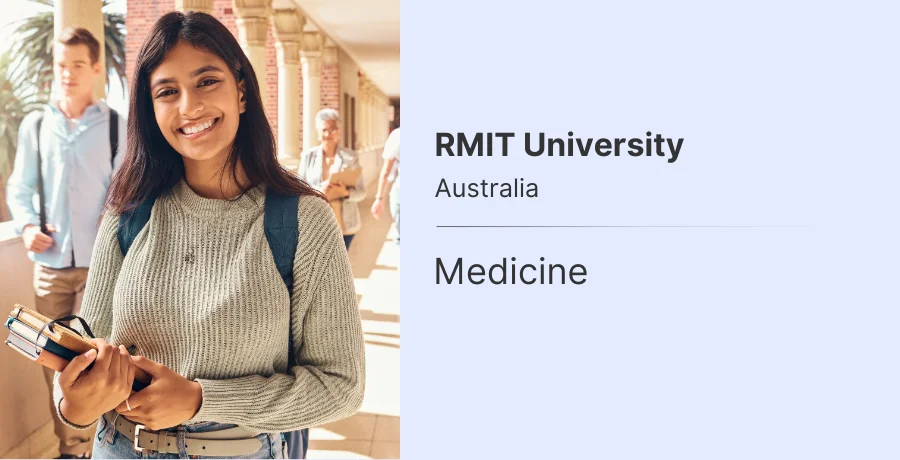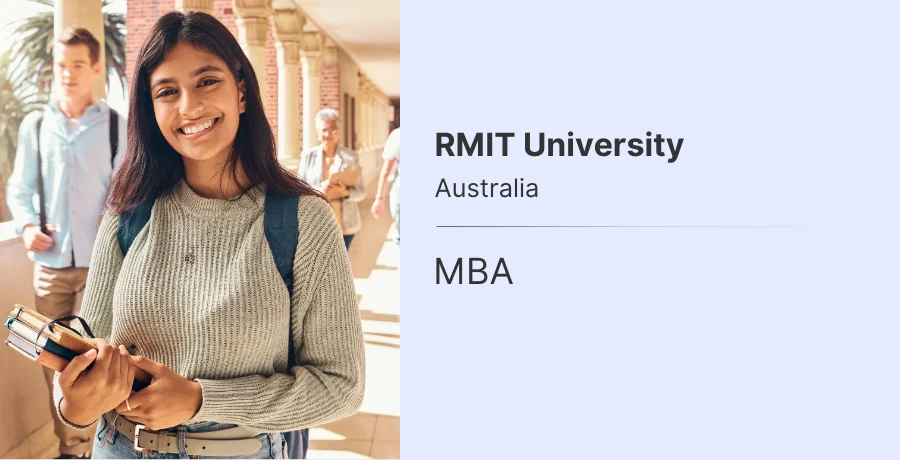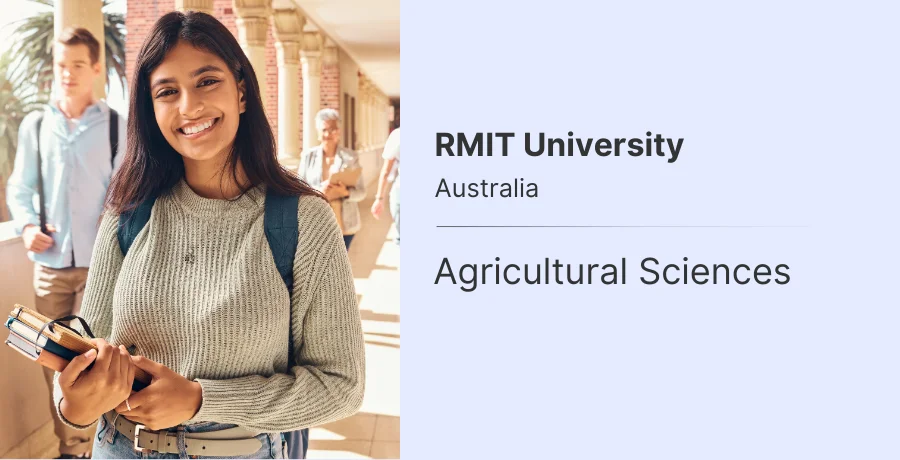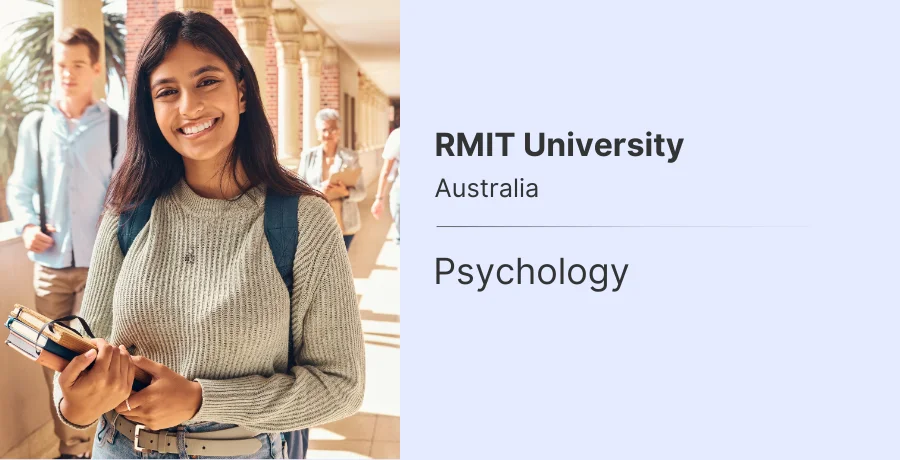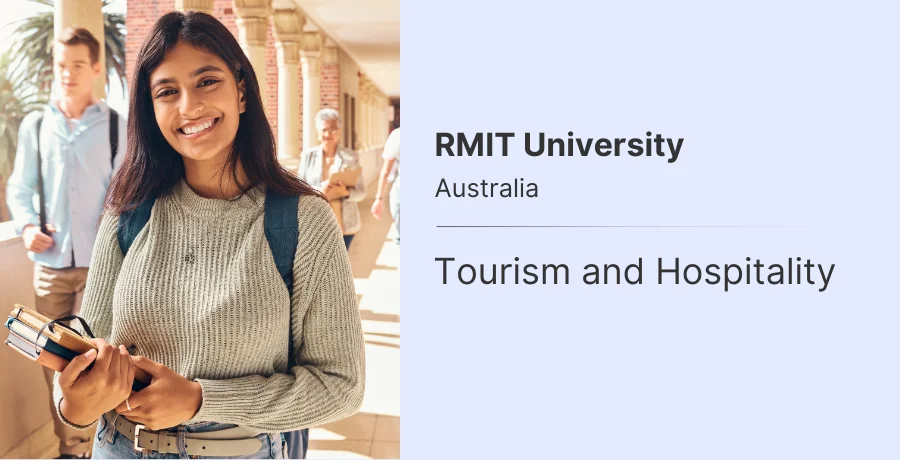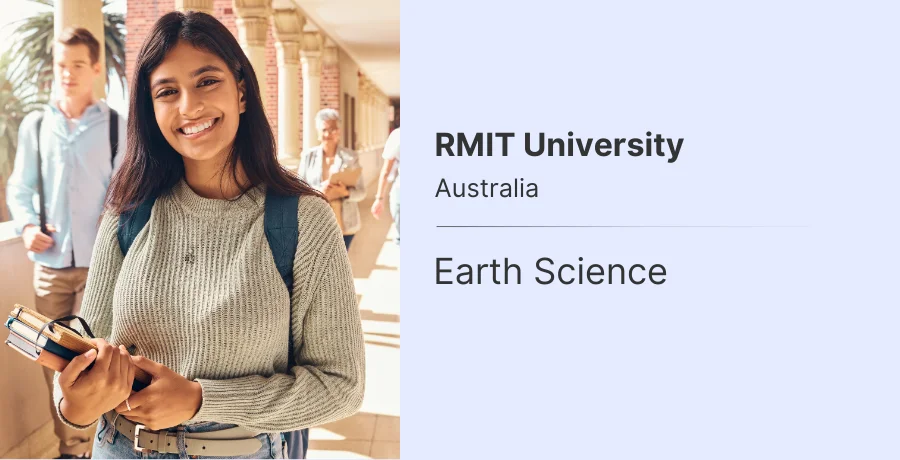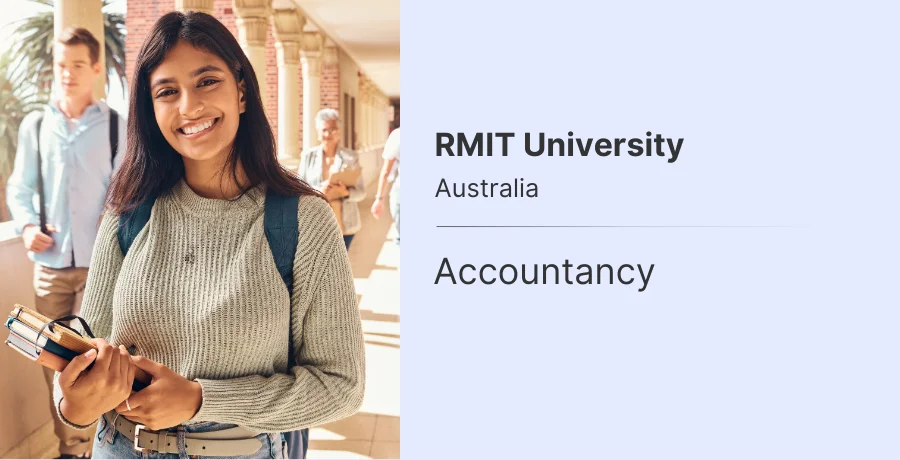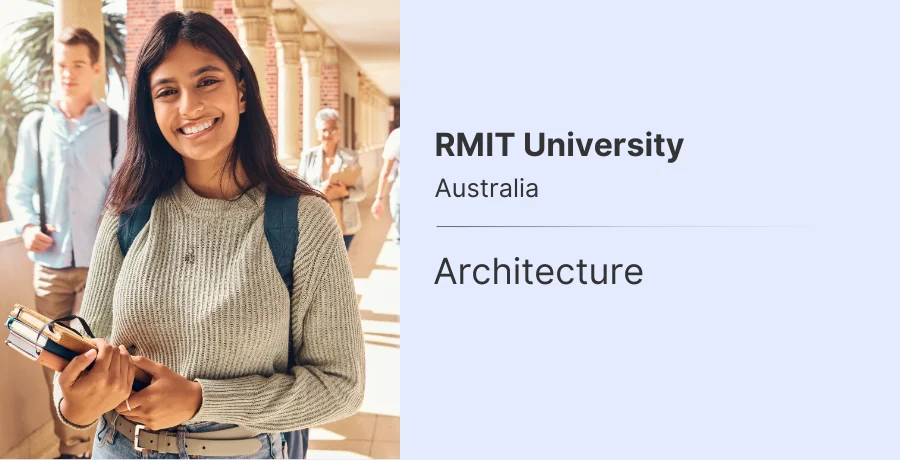Accountancy at University of New South Wales (UNSW) Australia
Table of Contents
- Accountancy at University of New South Wales (UNSW) Australia – Highlights
- Why Study Accountancy at University of New South Wales (UNSW) Australia?
- University of New South Wales (UNSW) Accountancy Rankings
- University of New South Wales (UNSW) Accountancy Acceptance Rate
- Popular Accountancy Courses at University of New South Wales (UNSW) Australia
- Admission Requirements to Accountancy at University of New South Wales (UNSW) Australia
- Cost of Accountancy at University of New South Wales (UNSW) Australia for Indian Students
- Scholarships at University of New South Wales (UNSW) Australia
- Job Prospects for Accountancy at Australia
- FAQs – Accountancy at University of New South Wales (UNSW) Australia
Accountancy at University of New South Wales (UNSW) Australia – Highlights
The University of New South Wales (UNSW) in Australia offers a comprehensive Accountancy program in the bustling city of Sydney. The program is designed to equip students with the necessary skills and knowledge to excel in the field of accountancy. With state-of-the-art facilities and experienced faculty, UNSW ensures that students receive a top-tier education.
Sydney, known for its vibrant lifestyle and diverse culture, provides an excellent backdrop for pursuing higher education. The city's dynamic business environment offers ample internship and job opportunities for accounting students, allowing them to gain practical experience while studying.
Why Study Accountancy at University of New South Wales (UNSW) Australia?
Studying Accountancy at UNSW offers numerous advantages. The university is renowned for its high academic standards and strong emphasis on research, ensuring that students receive a well-rounded education. The program covers a wide range of topics, from financial accounting to auditing, preparing graduates for various career paths in the accounting field.
- World-class faculty with industry experience
- State-of-the-art facilities and resources
- Strong industry connections and internship opportunities
- Comprehensive curriculum covering all aspects of accountancy
University of New South Wales (UNSW) Accountancy Rankings
| Ranking Organization | Rank |
|---|---|
| US News and World Report | Top 50 |
| QS World University Rankings | Top 30 |
| THE Rankings | Top 40 |
| ARWU Rankings | Top 100 |
University of New South Wales (UNSW) Accountancy Acceptance Rate
- The acceptance rate for the Accountancy program at UNSW is competitive, reflecting the high standards of the university.
- Applicants are encouraged to have strong academic records and relevant experience to enhance their chances of admission.
Popular Accountancy Courses at University of New South Wales (UNSW) Australia
- Bachelor of Commerce (Accountancy) - This undergraduate program provides a solid foundation in accounting principles and practices.
- Master of Professional Accounting - Designed for graduates from non-accounting backgrounds, this course offers comprehensive training in accounting and finance.
- Bachelor of Economics and Accountancy - This dual degree program combines economics and accounting, providing a broader understanding of both fields.
- Master of Financial Analysis - Focuses on advanced financial analysis techniques and prepares students for senior roles in finance and accounting.
Admission Requirements to Accountancy at University of New South Wales (UNSW) Australia
Admission to the Accountancy program at UNSW requires a combination of academic excellence and relevant experience. The university seeks students who demonstrate strong analytical and problem-solving skills.
- University of New South Wales (UNSW) Accountancy entrance exam: GMAT or equivalent
- University of New South Wales (UNSW) Accountancy entry requirements: Bachelor's degree with a minimum GPA
Eligibility Criteria: Undergraduate Program: Students must have completed their higher secondary education with a strong academic record. Proficiency in English is also required, and students may need to provide proof of English language proficiency through tests such as IELTS or TOEFL. Postgraduate Program: Applicants must hold a bachelor's degree from a recognized institution. Relevant work experience and a good academic record are crucial for admission to postgraduate programs.
Documents Required
- Academic transcripts
- Proof of English language proficiency (IELTS/TOEFL)
- Resume/CV
- Statement of Purpose
- Letters of recommendation
- Passport copy
Proficiency Test
International students are required to demonstrate their English language proficiency through tests such as IELTS, TOEFL, or PTE. A minimum score is required to ensure that students can effectively participate in the academic environment at UNSW.
Visa Process
- Apply for the student visa (subclass 500) online through the Australian immigration website.
- Submit the required documents, including the Confirmation of Enrolment (CoE) from UNSW.
- Undergo a health examination as part of the visa application process.
- Pay the visa application fee and await the decision.
Cost of Accountancy at University of New South Wales (UNSW) Australia for Indian Students
Tuition Fees
The tuition fees for the Accountancy program at UNSW vary depending on the level of study. For undergraduate programs, the annual tuition fee is approximately AUD 40,000, while for postgraduate programs, it ranges from AUD 45,000 to AUD 50,000.
Cost of Living
The cost of living in Sydney for international students is estimated to be around AUD 20,000 to AUD 25,000 per year. This includes accommodation, food, transportation, and other personal expenses.
| Expense | Cost (AUD) |
|---|---|
| Tuition Fee (per year) | 40,000 - 50,000 |
| Living Expenses (per year) | 20,000 - 25,000 |
Scholarships at University of New South Wales (UNSW) Australia
UNSW offers a range of scholarships to support international students in their academic journey. These scholarships are designed to reward academic excellence and provide financial assistance.
- UNSW International Scholarships - These scholarships offer partial or full tuition fee waivers for high-achieving international students.
- Australia Awards Scholarships - Funded by the Australian government, these scholarships cover tuition fees, living expenses, and travel costs for eligible students from developing countries.
Job Prospects for Accountancy in Australia
The job prospects for Accountancy graduates in Australia are promising, with a strong demand for skilled professionals in various sectors. Graduates can pursue careers in public accounting, corporate finance, auditing, and consulting.
| Job Title | Average Salary (AUD) |
|---|---|
| Accountant | 65,000 |
| Financial Analyst | 75,000 |
| Auditor | 70,000 |
| Consultant | 80,000 |
FAQs – Accountancy at University of New South Wales (UNSW) Australia
- Can I work while studying Accountancy at UNSW?
Yes, international students are allowed to work part-time for up to 20 hours per week during the semester and full-time during holidays. - What are the advantages of studying Accountancy at UNSW?
Studying Accountancy at UNSW offers access to world-class faculty, state-of-the-art facilities, and strong industry connections, providing a comprehensive education and excellent career opportunities. - What is the average salary for Accountancy graduates from UNSW?
The average salary for Accountancy graduates from UNSW ranges from AUD 65,000 to AUD 80,000, depending on the job role and level of experience. - What is the duration of the Accountancy program at UNSW?
The duration of the undergraduate Accountancy program is typically three years, while postgraduate programs can range from one to two years. - What exams are required for admission to the Accountancy program at UNSW?
Applicants may need to take the GMAT or equivalent entrance exams. Additionally, proof of English language proficiency through tests such as IELTS or TOEFL is required for international students. - What are the popular Accountancy courses at UNSW?
The popular Accountancy courses at UNSW include the Bachelor of Commerce (Accountancy), Master of Professional Accounting, Bachelor of Economics and Accountancy, and Master of Financial Analysis.



